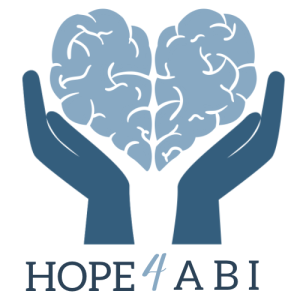Researchers at Coventry University have identified an unmet need for those with an acquired brain injury when it comes to mental and sexual well-being. As a result the researchers are creating an online tool designed to support and guide the ABI community to help people achieve a more fulfilling quality of life through improvements to mental and sexual health.
Why is this tool needed?
Acquired brain injury (ABI) can include stroke, traumatic brain injury, tumour and meningitis. ABI can cause long-term issues for survivors: a common problem is low mood, which can affect how someone feels about themselves and others. These feelings can cause sexual and relationship troubles. Over one million people with ABI have long-term depression, sexual problems, or both. There are clear links between mental and sexual wellbeing – if one gets worse, so does the other. Currently these sensitive issues have limited support provisions, with a lack of similar programmes or tools.
What is being done?
Through various online resources and peer support, the research team working on an intervention tool to help people explore these issues. These topics are not easy to discuss, but it’s important that the tool is made with a people-first approach so people get the support they need to deal with these challenges. In support of creating a people-first tool, brainstrust is providing patient involvement throughout the design process to ensure the community voice is in the DNA of the tool.
What can I do?
A feasibility study is being planned to test the new online tool. We need volunteers to co-design a new online tool for people with acquired brain injury (ABI). If you would like to be involved, please contact me at adam@brainstrust.org.uk for more information.
Want to receive all the latest research straight to your inbox?
Sign-up our curated, jargon-free weekly research newsletter. Click here to fill out our contact form and select ‘research’ to opt into our research newsletter.
Get involved with research…
If you would like to use your experience and insight to support clinical research, consider signing up to be a PRIME advocate for brainstrust.
If you or someone you love is living with a brain tumour and have any questions around this latest news, or want to access support, give us a call on 01983 292 405 or email hello@brainstrust.org.uk. You can also visit our little brainstrust website which features support for children affected by brain tumour.










